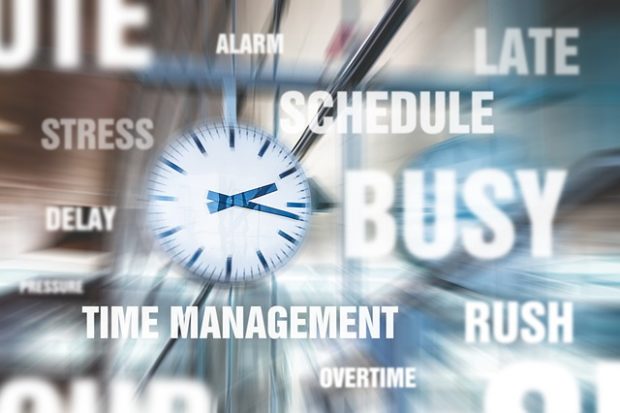How to Manage Stress in a High-Pressure Work Environment

The modern workplace is becoming increasingly demanding and difficult to navigate.
In a high-pressure work environment, stress is often considered a part of the job. From medical professionals and first-responders to kindergarten teachers and Wall Street brokers, anyone working in a high-stakes position is more likely to succumb to a specific brand of burnout.
Let’s take a look at some helpful tactics that can help you manage your own stress in a high-pressure career.
What Is Stress?
We all experience workplace stress differently and find different situations stressful. Some people thrive on uncertainty and perform better under pressure, while others need a moment to collect themselves before diving in.
To combat your stress effectively, take some time to identify what is making you stressed about your job. It may be something completely unexpected and uncommon. Be honest with yourself, as it will help you alleviate it sooner and more thoroughly.
Explore a Different Angle
When a situation is stressful, our mind and body go into fight or flight mode, which impairs our judgment and performance to a certain degree.
When something is stressing you out (you have a looming deadline, you don’t have enough time to complete a task, you feel a mistake would cost you a lot), reframe the situation.
Instead of looking at it as a threat, look at it as an opportunity to test your skills and knowledge, to learn something new, and to exhibit your value.

Think of the Worst-Case Scenario
The stress our own minds cause is often much worse than what’s actually happening. We tend to make ourselves feel worse because we are expecting something terrible, which paralyzes us and makes us less able to perform well.
Try to think of the worst-case scenario. Of course, this won’t work in life-or-death situations, where the worst-case scenario is rather horribly obvious, but it will help in all others.
Consider the worst thing that can happen and come up with a plan to deal with it. Even if that’s losing your job. Once you know you’re prepared for what you think is as bad as it can get, you will take a lot of that added pressure off.
Find Time to Recover
Both the mind and the body need time to recover from stress. Otherwise, you will find yourself stuck in an endless loop from which you can’t find a way out.
At work, find time for breaks. Even if it’s just for a couple of minutes at a time, focus your attention on something other than your immediate surroundings and the task at hand. Take a walk, stretch, drink some water.
When you’re off work, make sure you find a relaxation routine that helps you feel better. Try to ensure it features plenty of exercise, as working out is a natural stress-reliever. You can also try meditation, journaling, or any other mindfulness practice that you find appealing.
Also do your best to train your brain not to dwell on your work when you’re off the clock. When you notice your thoughts have wandered in that direction, yank them back and refocus on something pleasant or more immediate.
Ask for Help
We’re taught that stress is normal and inevitable, and we even expect a certain level of stress in certain lines of work, companies, or positions. But the truth of the matter is that you don’t actually have to feel stressed at work.
Yes, a certain level of stress is okay. But you alone should determine what that level is.
Maybe you’ve chosen a career that is harming your mental health? Maybe your employer is the cause of all the stress? Maybe it’s your colleagues?
Even though it may not seem that way, there’s always another job out there, and your health and wellbeing are more important than that career. You can build an even more successful career if you are well, so ask for help when you need it. That help might come from a friend, therapist, or manager. If it proves insufficient, start polishing your resume.
Final Thoughts
Workplace stress can be combated if you devote enough time and effort to managing your mental health and the way you approach your job. Hopefully, our tips will help you thrive in whatever high-powered career you’ve set your eyes on.
This guest post was authored by Sarah Kaminski

Sarah is a life enjoyer, positivity seeker, and a curiosity enthusiast. She is passionate about an eco-friendly lifestyle and adores her cats. She is an avid reader who loves to travel when time allows.




